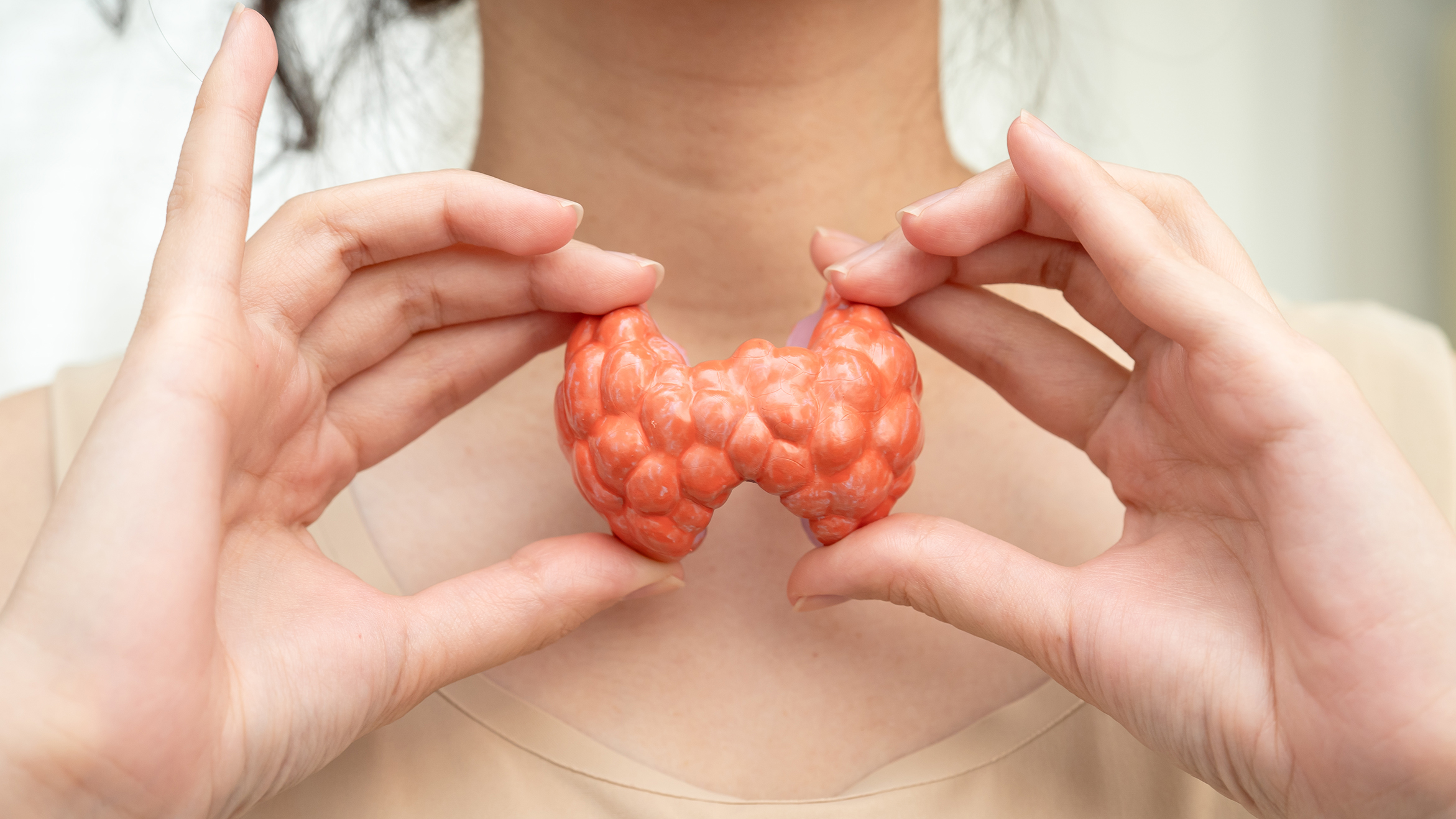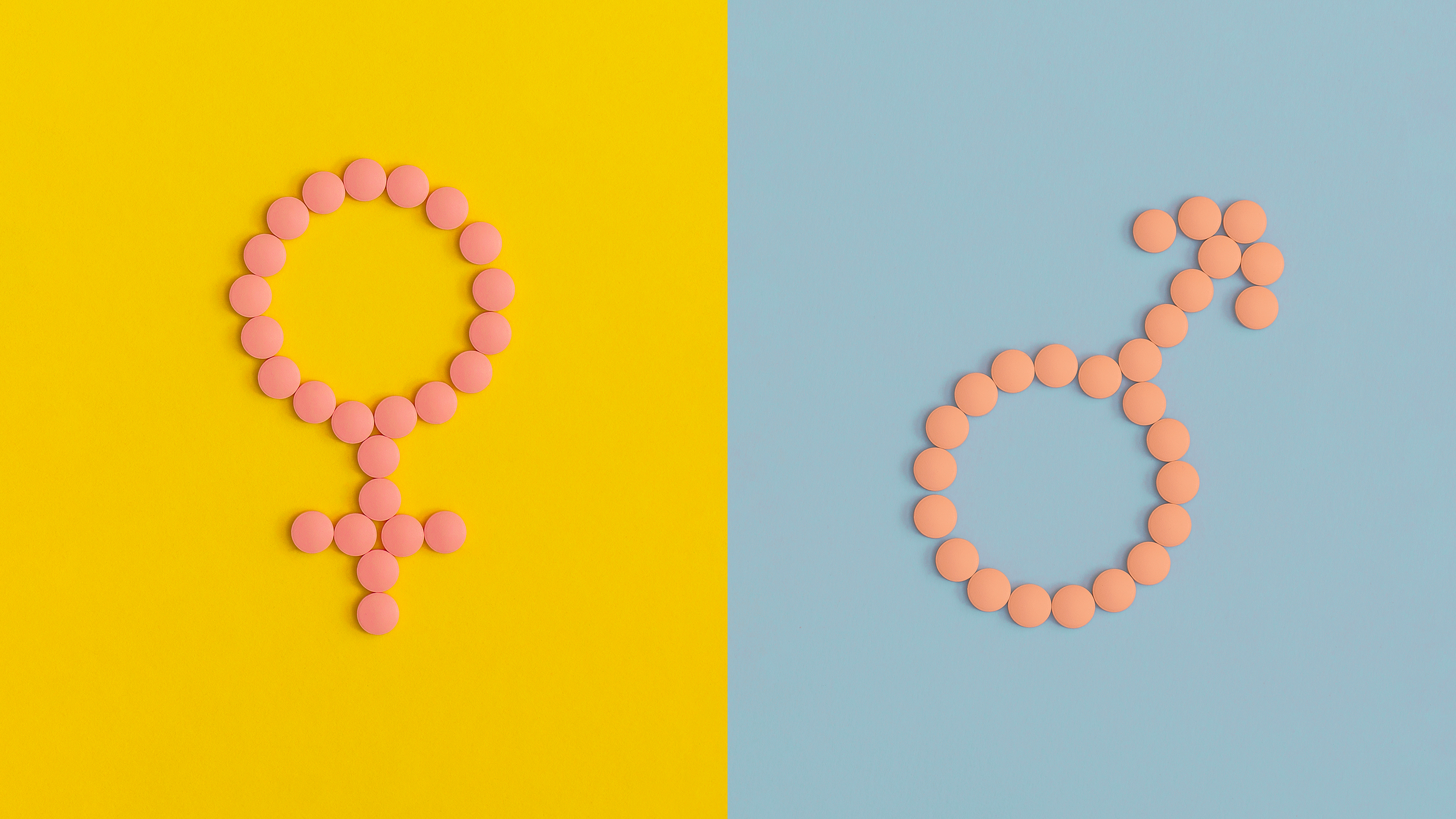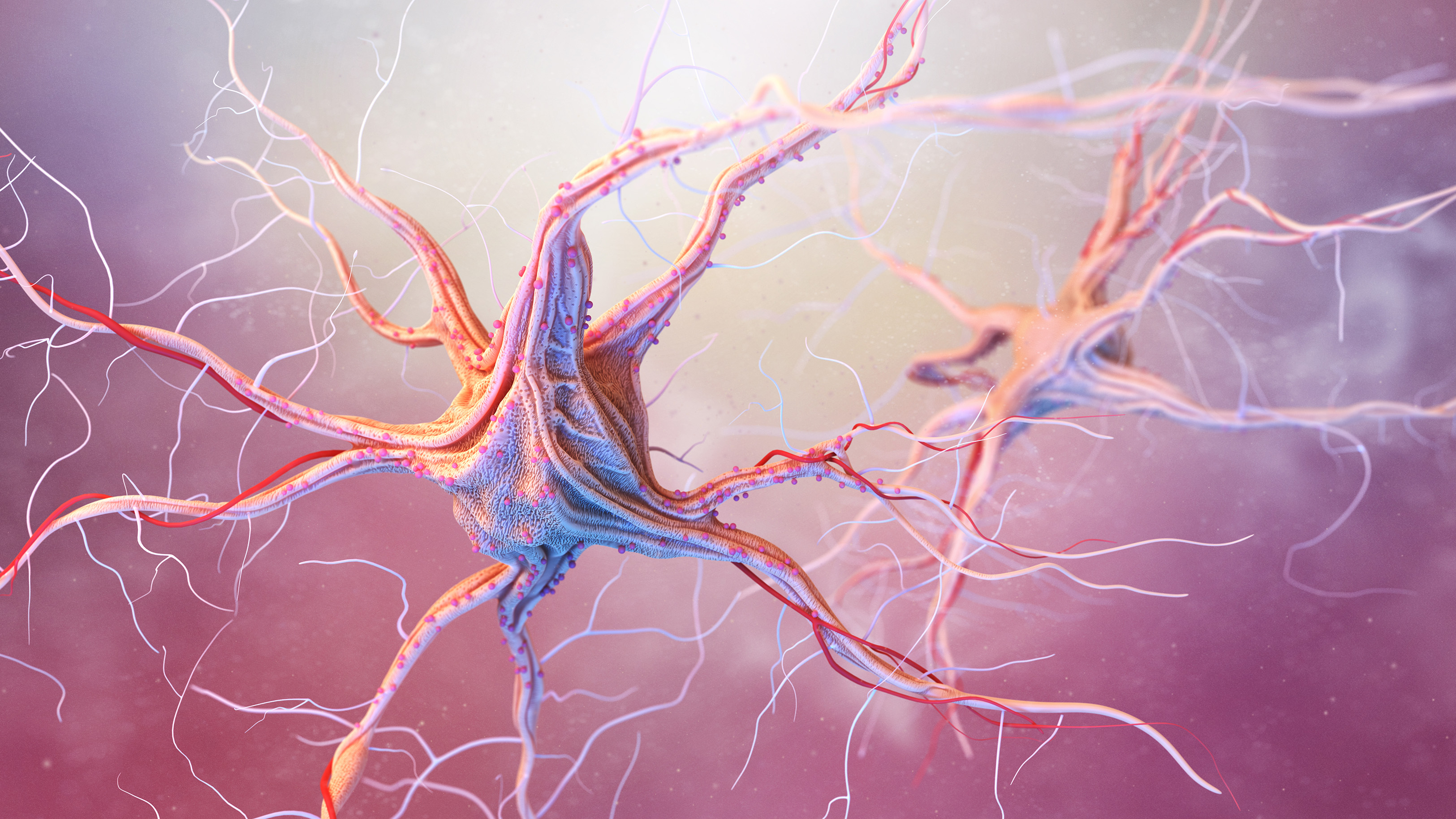Table of contents
What’s a Rich Text element?
The rich text element allows you to create and format headings, paragraphs, blockquotes, images, and video all in one place instead of having to add and format them individually. Just double-click and easily create content.

The rich text element allows you to create and format headings, paragraphs, blockquotes, images, and video all in one place instead of having to add and format them individually. Just double-click and easily create content.
- this is list one
- this is list two
- this is list three
Static and dynamic content editing
A rich text element can be used with static or dynamic content. For static content, just drop it into any page and begin editing. For dynamic content, add a rich text field to any collection and then connect a rich text element to that field in the settings panel. Voila!
How to customize formatting for each rich text
Headings, paragraphs, blockquotes, figures, images, and figure captions can all be styled after a class is added to the rich text element using the "When inside of" nested selector system.
Summary
Hormones, acting as chemical messengers in the body, play crucial roles in regulating mood, stress response, and cognitive functions. Imbalances in key hormones, such as thyroid hormones, sex hormones (estrogen, progesterone, testosterone), and stress hormones like cortisol, have been linked to a range of mental health issues, including anxiety, depression, and mood disorders. Understanding this connection is crucial for developing effective treatments for these conditions, as hormonal health has a direct impact on psychological stability.
The relationship between hormonal changes and mental health is particularly notable during critical life stages such as puberty, pregnancy, postpartum, and menopause. Each of these transitions involves significant hormonal shifts that can trigger or exacerbate mental health challenges.
For instance, women may experience heightened emotional sensitivity during the menstrual cycle or significant mood disturbances during pregnancy and postpartum periods due to fluctuating estrogen and progesterone levels. Similarly, menopause is associated with declines in estrogen that can lead to anxiety and depression, underscoring the need for targeted interventions during these life phases.
The intricate interplay between hormones and mental health highlights the importance of maintaining hormonal balance to promote psychological well-being.
Key Hormones Linked to Mental Health
Hormones significantly influence mental health, acting as chemical messengers that regulate various physiological and emotional processes. Understanding the key hormones linked to mental health can provide insights into how imbalances may contribute to mental health disorders.
Thyroid Hormones
Thyroid hormones play a crucial role in regulating metabolism and energy levels. Imbalances in these hormones can lead to symptoms associated with mood disorders, such as depression and anxiety. Low thyroid function has been closely linked to fatigue, cognitive impairment, and mood instability.

Sex Hormones
Estrogen
Estrogen, while predominantly a female hormone, is produced by both genders and plays a crucial role in mood regulation. Fluctuations in estrogen levels, particularly during the menstrual cycle, pregnancy, and menopause, can trigger mood disturbances such as irritability and anxiety. Estrogen enhances serotonin availability in the brain, making it a vital hormone for emotional resilience.
Progesterone
Progesterone works alongside estrogen and influences mood stability. Low levels of progesterone have been associated with conditions like premenstrual syndrome (PMS) and postpartum depression. Maintaining balanced levels of progesterone is essential for emotional well-being.
Testosterone
Testosterone, often associated with male health, is also present in women and impacts mental well-being. Low testosterone levels can lead to symptoms such as fatigue, irritability, and depression in both men and women.

Stress Hormones
Cortisol
Cortisol, commonly referred to as the "stress hormone," is produced by the adrenal glands in response to stress. It is crucial in various bodily functions, including metabolism, immune response, and mood regulation. However, chronic elevation of cortisol levels due to prolonged stress can impair memory, reduce neuroplasticity, and increase the risk of developing mental health disorders like anxiety and depression.
The hypothalamic-pituitary-adrenal (HPA) axis regulates cortisol production, making it a focal point in understanding stress-related mental health issues.
Neurotransmitters
While serotonin, dopamine, and norepinephrine are technically neurotransmitters, they function as neurohormones crucial for mood regulation. Their balance significantly influences psychological well-being and is often targeted in treatments for mental health disorders. Hormonal influences on these neurotransmitters further highlight the intricate relationship between hormones and mental health.

Mechanisms of Interaction
Hormones play a crucial role in regulating various bodily functions and have a significant impact on mental health through their interactions with the brain and other systems. The relationship between hormones and mental health is complex, as hormones can affect mood, cognition, and behavior, which are essential for overall psychological well-being.
The Stress Response and Hormonal Influence
The stress response begins in the brain when an individual perceives a threat. Sensory information is relayed to the amygdala, which processes emotional stimuli and, upon detecting danger, signals the hypothalamus to initiate the "fight-or-flight" response. This sequence leads to hormonal changes that prepare the body to confront or escape the threat. While essential for survival, this mechanism can become maladaptive when the body overreacts to non-life-threatening stressors such as work pressure or family difficulties, contributing to chronic stress and associated mental health disorders.
Hormones and Social Behavior
Hormones also influence social behaviors, with oxytocin, often referred to as the "social bonding hormone," playing a crucial role in forming and maintaining relationships. It is associated with feelings of trust, empathy, and love. Testosterone, conversely, can affect social dominance behaviors, while cortisol levels may impact social anxiety and engagement in social interactions.
The interplay of these hormones contributes to a person's social experiences and mental health outcomes.
Hormonal Communication and Homeostasis
Hormonal communication operates through a feedback system that maintains homeostasis. When the levels of one hormone change, other hormones adjust to restore balance. This interconnected system means that a disruption in one hormone can lead to a cascade of imbalances in others, affecting overall health and behavior. Hormone receptors, which vary in sensitivity and quantity over time, also play a vital role in this regulatory process, impacting how cells respond to hormonal signals.
Impact of Hormonal Imbalances
Hormonal imbalances can lead to various mental health issues, as hormones are vital for maintaining homeostasis in bodily functions. For example, thyroid dysfunction can trigger mood disorders due to its widespread effects on metabolism and brain function. Furthermore, medications can also affect hormone levels, complicating the treatment of mental health disorders. Certain medications, such as antiepileptic drugs, may alter hormone production, necessitating careful monitoring to prevent adverse effects on mental status.

Hormones and Brain Function
The brain is sensitive to hormonal fluctuations, which can modulate neurotransmitter systems and influence cognitive processes such as learning and memory. Key hormones, such as cortisol, estrogen, and testosterone, can significantly impact mood and behavior by altering the brain's chemical environment. For instance, chronic stress can elevate cortisol levels, leading to cognitive impairment, emotional dysregulation, and mood disturbances.
Developmental Hormonal Changes
Major hormonal changes during puberty represent a critical period for mental health, as increased levels of sex hormones like estrogen and testosterone profoundly influence brain development and emotional regulation. This period sets the stage for future mental health challenges, illustrating the importance of hormonal balance during formative years.
Mental Health Disorders Related to Hormonal Imbalances
Hormonal imbalances can significantly impact mental health, leading to a variety of mental health disorders. These imbalances may arise from numerous factors, including stress, lifestyle choices, medical conditions, and developmental stages.

Types of Hormonal Imbalances Affecting Mental Health
Several hormonal disorders have been associated with mental health issues:
Thyroid Disorders
Conditions such as hypothyroidism (low thyroid hormone) and hyperthyroidism (high thyroid hormone) can lead to symptoms that overlap with depression and anxiety. Hypothyroidism is often linked to low mood, fatigue, and cognitive sluggishness, while hyperthyroidism may cause irritability, heightened anxiety, and restlessness.
Sex Hormone Fluctuations
Estrogen and progesterone levels fluctuate throughout the menstrual cycle, during pregnancy, and at menopause. These fluctuations can contribute to conditions such as premenstrual syndrome (PMS), premenstrual dysphoric disorder (PMDD), and postpartum depression. Severe mood swings, depression, and anxiety are common during these phases.
Cortisol and Stress
Known as the "stress hormone," cortisol is involved in the body's response to stress. Elevated cortisol levels can lead to various mental health symptoms, including sleep disturbances, irritability, and appetite changes, which can exacerbate conditions like depression and anxiety.
Polycystic Ovary Syndrome (PCOS)
This condition is characterized by hormonal imbalances that can lead to mood disturbances. Women with PCOS may experience depression, anxiety, and other mood-related symptoms due to the associated hormonal changes.
Menopause
The transition to menopause often involves significant drops in estrogen, which can lead to increased anxiety, depression, and mood swings in many women. Hormone Replacement Therapy (HRT) is often considered to mitigate these effects.
Treatment Approaches
Managing the mental health challenges associated with hormonal fluctuations requires a multifaceted approach that can include lifestyle modifications, medical interventions, and complementary therapies.

Lifestyle Modifications
Lifestyle changes play a crucial role in alleviating symptoms associated with hormonal imbalances. Regular physical activity, a balanced diet rich in whole foods, and stress management techniques such as yoga, meditation, or mindfulness practices can significantly enhance mood and overall mental health. Maintaining good sleep hygiene, staying hydrated, and fostering social connections collectively help mitigate symptoms of anxiety and depression.
Medical Interventions
Hormone Replacement Therapy (HRT)
Hormone Replacement Therapy (HRT) is commonly prescribed to manage symptoms related to hormonal changes, particularly during menopause. HRT can stabilize mood swings, improve sleep quality, and alleviate anxiety by supplementing deficient hormones such as estrogen and progesterone. Additionally, thyroid hormone replacement may be necessary for individuals with thyroid disorders, as it can improve cognitive function and mood stability. However, discussing the potential risks and benefits with healthcare providers is essential to determine the best course of action tailored to individual needs.
Bioidentical Hormone Therapy (BHRT)
Bioidentical Hormone Therapy (BHT) utilizes hormones that are chemically identical to those produced naturally by the human body. BHT is often derived from plant sources and is custom-compounded to match individual hormone levels. Many advocates prefer BHT over conventional HRT because it is believed to be more natural and may result in fewer side effects. Some reported benefits of BHT include:
- Improved mood stability
- Better sleep quality
- Reduced anxiety and depression symptoms
- Enhanced cognitive function
- Fewer risks of adverse reactions compared to synthetic hormones
As with any therapy, it's essential to consult a healthcare professional to evaluate suitability, efficacy, and safety based on individual needs.
Key Takeaways
- Hormonal imbalances are closely linked to mental health disorders like anxiety, depression, and mood swings.
- Key hormones include thyroid, estrogen, progesterone, testosterone, and cortisol.
- Hormonal fluctuations during life stages such as puberty, pregnancy, postpartum, and menopause are critical periods for mental health.
- Treatments involve a combination of lifestyle modifications, hormone therapies (including HRT and BHT), and supportive care.







